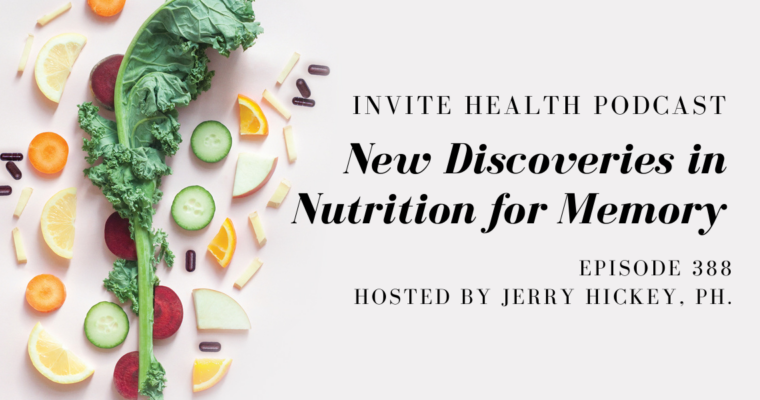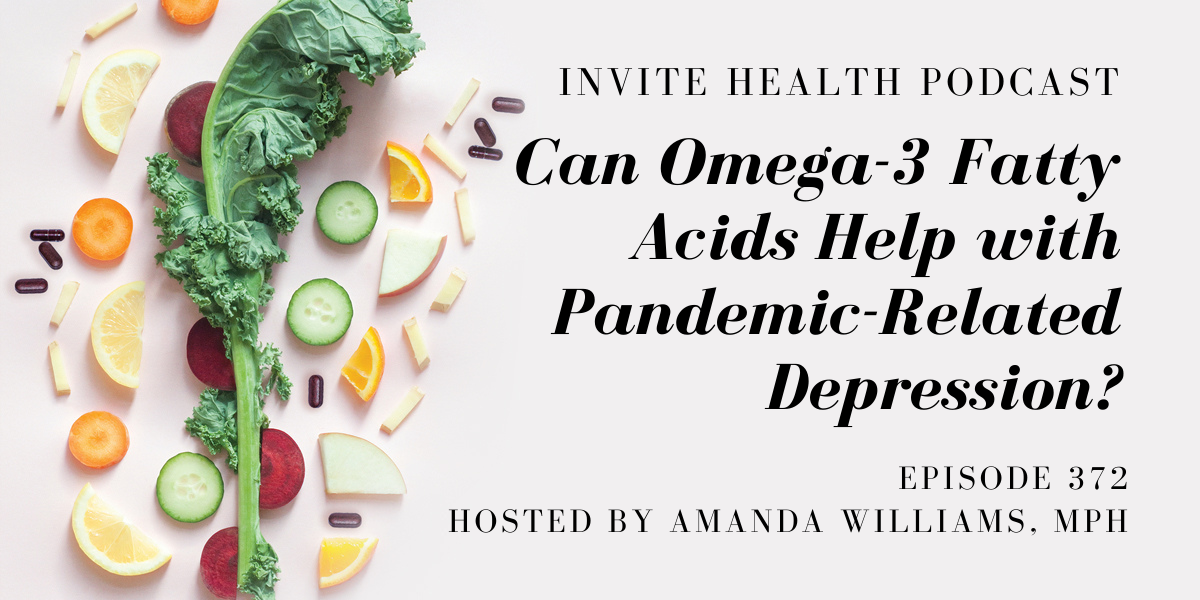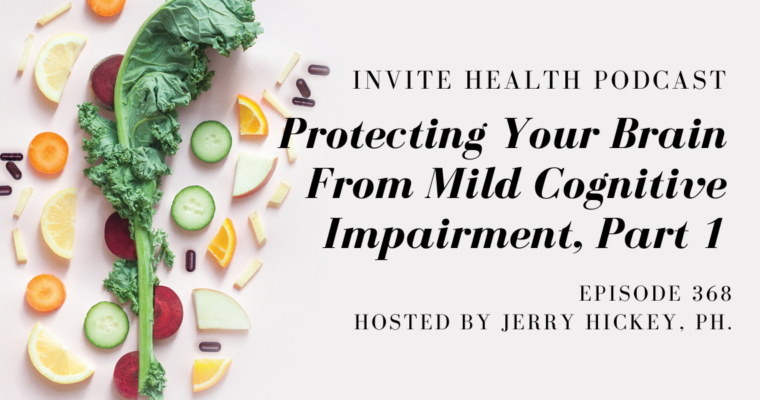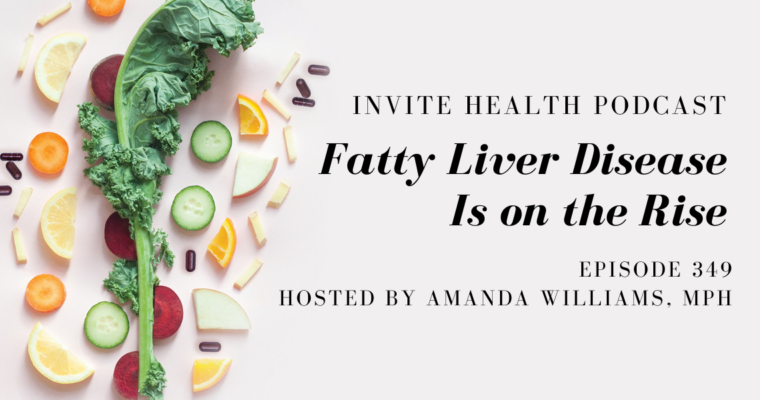heart failure
Invite Health Podcast, Episode hosted by Jerry Hickey. Ph
Subscribe Today!
In part 1 of this podcast, I discussed the symptoms of heart failure and factors that can increase your risk of heart failure. Today, I want to cover supplements. Let’s roll up our sleeves and really go into nutrition for heart failure.
Heart Failure Is Scary But It Can Be Helped, Part 1 – InVite Health Podcast, Episode 319. Listen Now >>
Vitamin D and Heart Health
A report from the Federal University of Pernambuco down in Brazil has to do with Vitamin D. It’s published in the journal ESC Heart Failure. We know that Vitamin D is important for strength and muscle function. Well, your heart is a super high-function muscle, so if Vitamin D is needed for your other muscles, obviously it’s needed for your heart muscle. According to this study, the risk of heart failure was more than 12 times higher in older people who lack Vitamin D. But here’s the thing: their base level for lacking Vitamin D was higher than the accepted level. Typically, Vitamin D deficiency is 20 ng/ml or below. In this study, it was 30 ng/ml or below. Lacking Vitamin D is bad for all muscles and your heart is a muscle that is pumping once over 100,000 times a day. It requires Vitamin D.†
It doesn’t hurt to take a Vitamin D supplement. You’re never going to get enough Vitamin D from your food. It’s not happening. Even when they fortify dairy, you get about 100 units of Vitamin D. Young people with healthy skin can make plenty of Vitamin D in about 15 or 20 minutes. If they get 15 to 20 minutes of sun every day, they’ll make sufficient Vitamin D. However, if you have darker skin, it becomes harder. If you’re wearing sunscreen or wearing a lot of clothing, it is also harder. Also, if you have older skin, it’s not that successful in creating Vitamin D anymore. It becomes less efficient.†

Learn more about how the body creates Vitamin D by tuning into the full podcast episode.
The Benefit of Fish Oil
According to a meta-analysis, fish oils may help reduce the risk of developing heart failure by 15%. This is from the journal Clinical Nutrition and it was done by Harvard University and Brigham and Women’s Hospital. They looked at seven prospective studies with data on 176,000+ people, of which 5,500 developed heart failure. People with the highest level of EPA and DHA in their blood had a 14% lower risk of heart failure compared to people with the lowest levels. It’s important to distinguish that they looked at the amount of EPA and DHA in their blood instead of asking how much fish patients eat. This is more powerful evidence because it shows the exact levels of fish oils that can be beneficial.†
Consider Taking These Nutrients As You Age, Part 1 – InVite Health Podcast, Episode 315. Listen Now >>
When you eat fish or take fish oils, there are other oils that can be in there, but the two they look at are EPA and DHA. These oils are very important for your muscles and your heart is a muscle. There are a number of studies that show that older people with sufficient levels of fish oils in their blood tend to lose less muscle with age. They tend to lose less strength and can hold onto their muscles. Your heart is a very important muscle. Fish oils are known to lower inflammation in the heart, but they also seem to help lower the risk of heart failure. They’re very good for the heart.†
For additional details on nutrients that can help with heart failure, listen to the full podcast episode.
What do you think about this information on heart failure? Leave a comment below to join the discussion.
Thank you for tuning in to the Invite Health Podcast. You can find all of our episodes for free wherever you listen to podcasts or by visiting www.invitehealth.com/podcast. Make sure you subscribe and leave us a review! Follow us on Facebook, Twitter and Instagram at Invite Health today. We’ll see you next time on another episode of the Invite Health Podcast.











